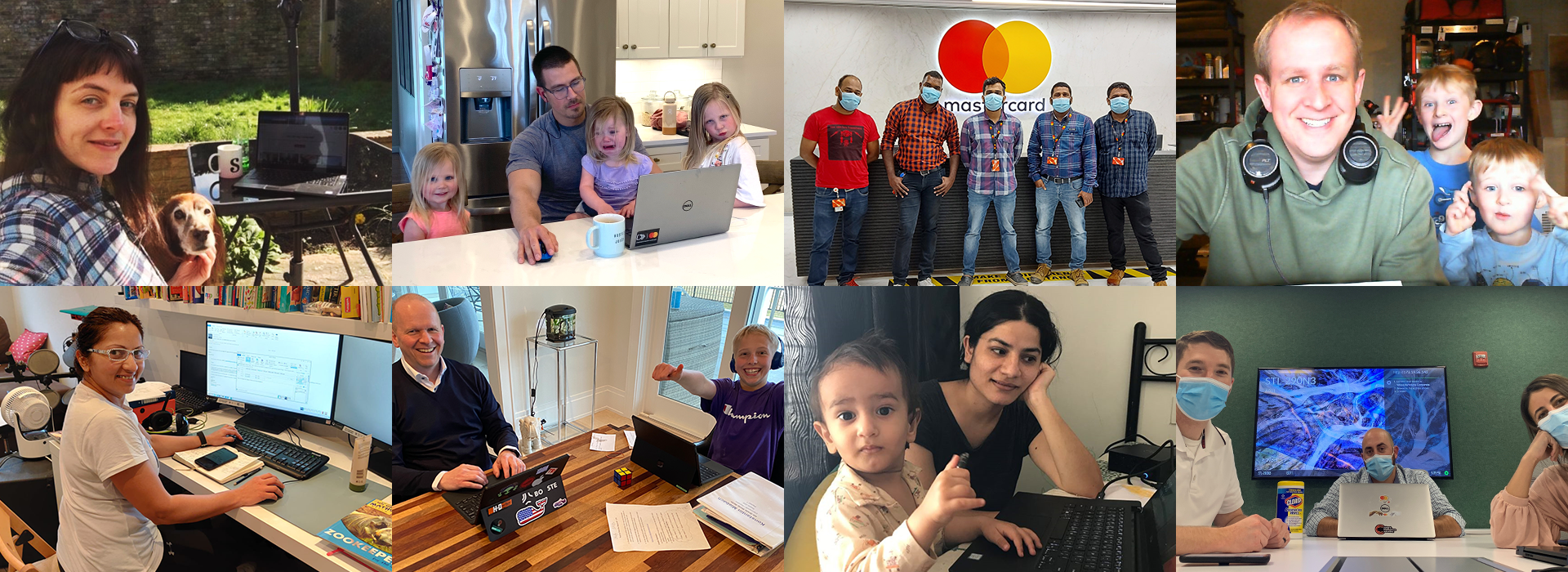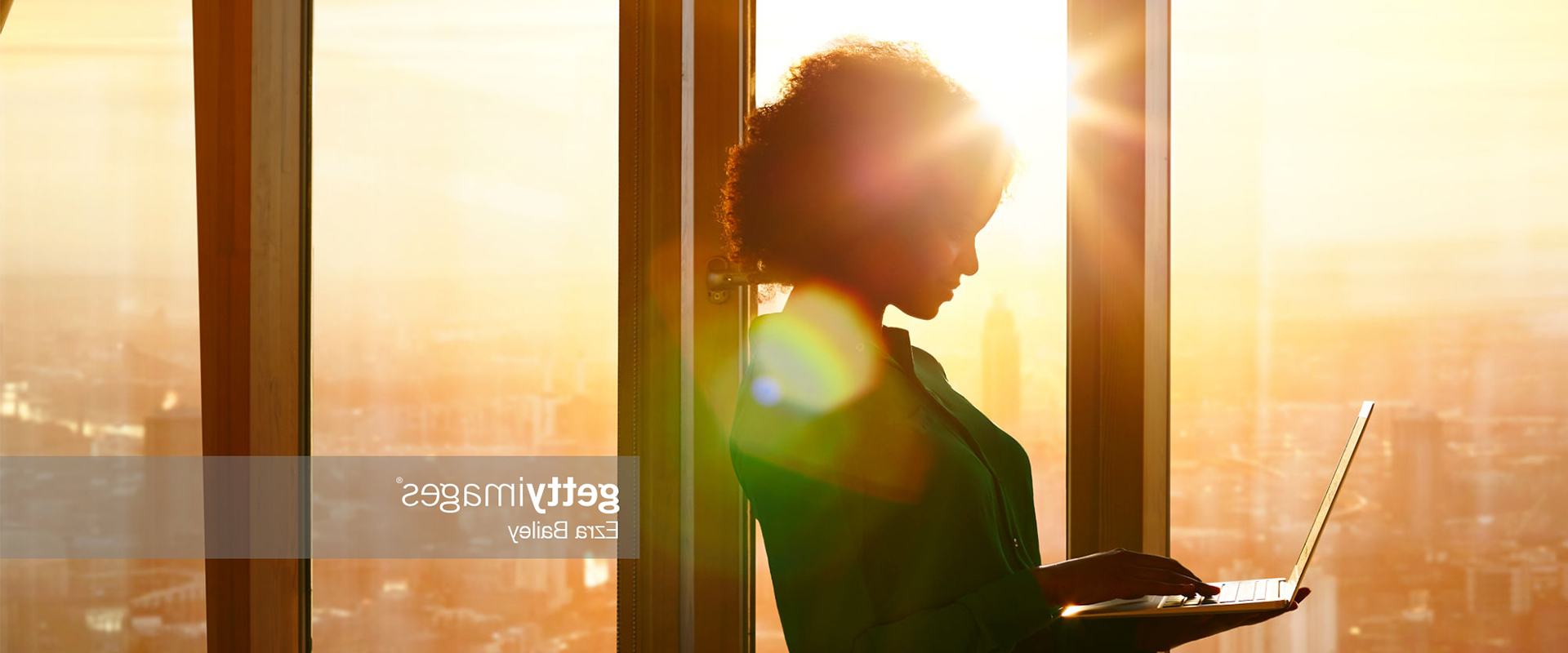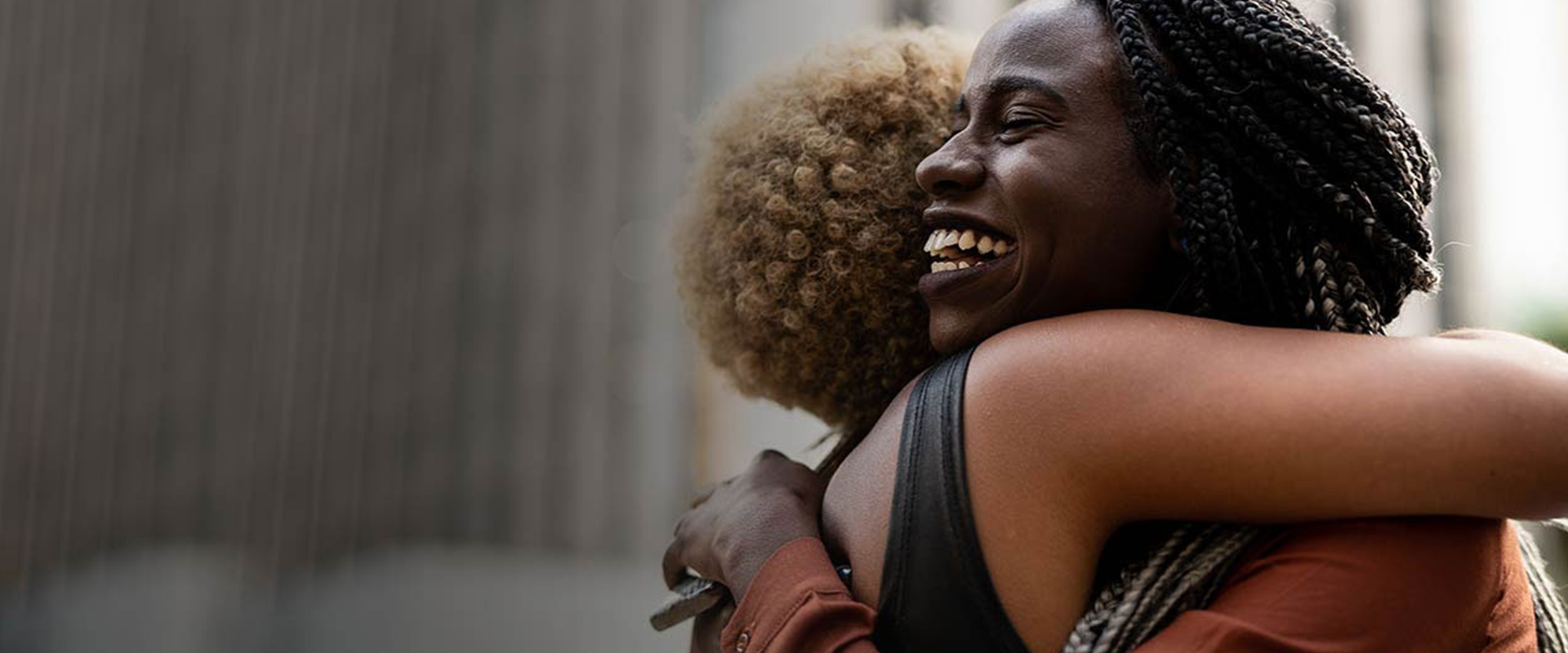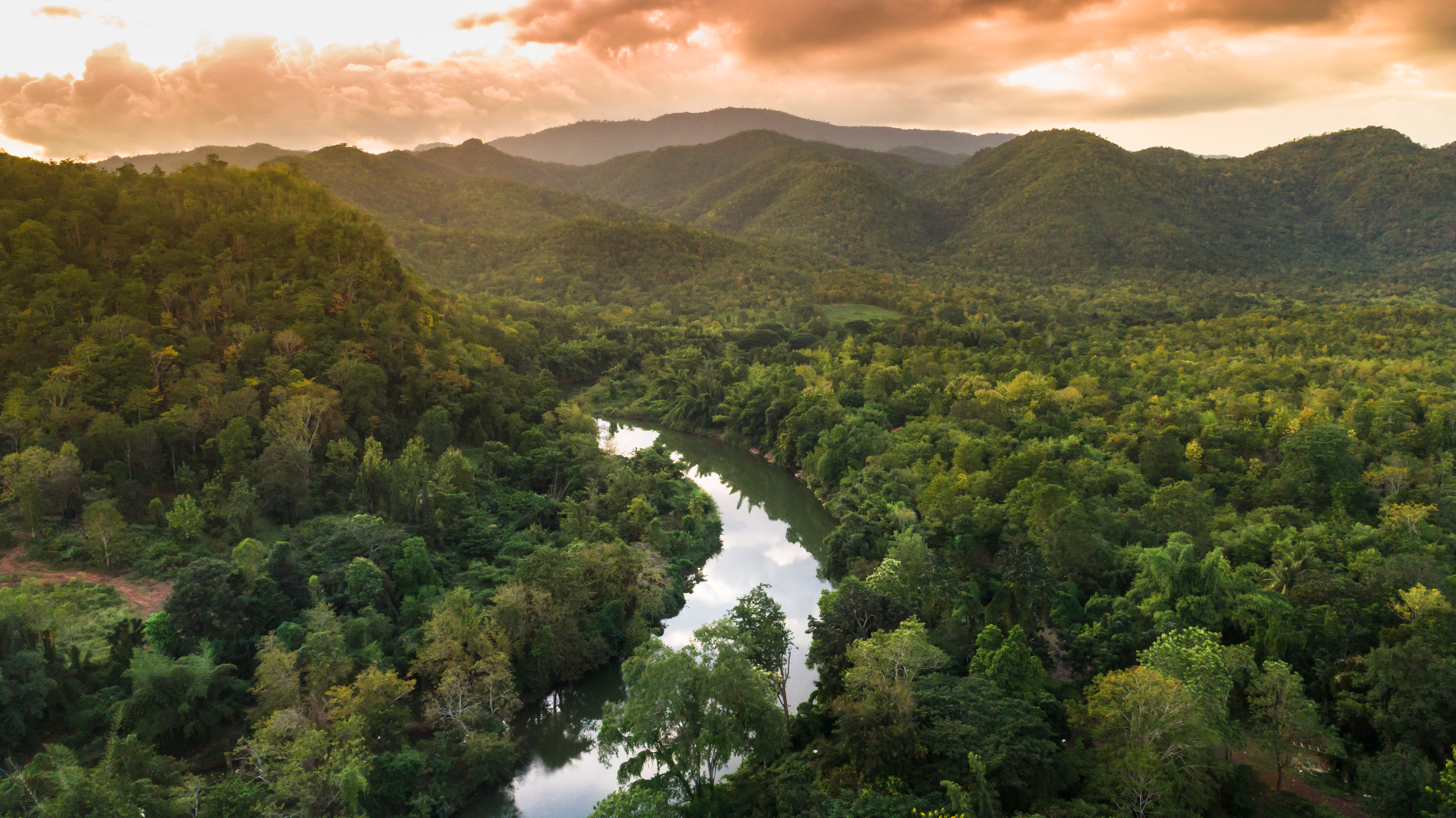
On grit, rebuilding and the longest year
April 29, 2021When looking back at 2020, we need to take note of so many things — the lost social connections, the lost jobs, the lost lives. But something else deserves attention as well. It’s the perseverance that carried people into the new year and created space for hope to survive and eventually flourish.
That sentiment was exemplified by Michelle Cadore, a fashion boutique owner in Brooklyn, New York, who knows the path for a business is never a straight line forward.
“You lose some, you win some, you start over, you try again,” she said matter-of-factly earlier this year.

Story
How DA SPOT NYC pivoted to survive the pandemic
Michelle Cadore opened her boutique to showcase Black designers, who often struggle to get picked up by major retailers. She quickly pivoted to digital to keep her business going during the pandemic.
ReadThe same resilience came through from hospital staff, emergency responders, delivery workers, grocery clerks, parents and teachers. We saw it with our business partners around the world, the startups we mentor, our government contacts, our suppliers and especially our 21,000 employees.
|
|
It’s in that drive to get back up Cadore describes that we will rebuild together. How we rebuild is not only the most difficult part but also the most exciting. It’s up to us to push for real changes to make for a better, more inclusive world. For Mastercard, we need to keep advancing the technologies that supported people through the last year. It will be important to take from 2020 the lesson of dogged grit and use it to work together, even when the path ahead isn’t easy.
But to talk about where we are going, we first need to appreciate where we’ve been.

The innovation engine
Mastercard was built on a solid foundation that sustained our business through these difficult times. Every year, we invested in new technologies to chart the future. This work was especially beneficial last year. When the world had to shut down for health reasons, people still needed to buy essentials, businesses needed to maintain their customers and governments needed to distribute aid. When the world needed to go digital, our people were already there, ready to handle transactions of all types: account-to-account, card or online. Our work to develop new payment technologies was critical for this transition to be possible.
These efforts also helped us grow our revenue, allowing us to keep pushing forward. Financial performance over the past decade has stood ahead of the competition, with an over 40% return on capital and a total shareholder return approaching 1,600%.
For small businesses, our innovations made a difference. Mastercard research found that American small businesses that started accepting e-commerce transactions during the pandemic saw average monthly sales growth of 6%, compared to those that didn’t create a digital presence.
|
|
We also expanded our open banking capabilities, powering the services that help people take greater control of their financial data. We worked with government officials in the Bahamas to support the digital Sand Dollar currency, which can be a powerful tool for disaster relief, and developed digital identity tools to help students in Australia take tests remotely. We put our data analytics to work making sense of new spending trends to help businesses and governments plan for the new world.

Story
The Bahamas is ‘disaster-proofing’ payments with its first-ever digital currency
The Bahamas’ Sand Dollar, the first central bank-issued digital currency in nationwide circulation, should expand financial inclusion and accelerate recovery following hurricanes.
ReadWe’re now plotting out our next steps in our decades-long journey as a company. Our work to support new fintechs and expand our capabilities in digital currencies and real-time payments will unlock people’s ability to do more with digital money. Our multi-rail strategy of providing a one-stop shop for payments will grow our support for our customers. And our new horizons beyond payments such as health care and cybersecurity will be valuable building blocks in expanding our services capabilities.
As we’ve seen e-commerce grow by $900 billion globally in 2020, this work becomes even more critical to respond to consumers’ changing needs and making sure smaller merchants and people with few digital tools aren’t left behind amid this shift online.

Our commitment to decency
Kendra Brown, a Mastercard director of public policy, worked with the Vera Institute of Justice in New Orleans to further its work supporting equality in the criminal justice system. She joined on through our virtual pro bono program created in the wake of the racial injustice protests last year.
“Knowing that there is still injustice that exists,” she said, “we have a duty to advocate for policies that will ensure we are doing well by doing good.”
This kind of work is fundamental to our mission, because we believe that we only thrive when the world thrives. It’s our responsibility to make the digital economy work for everyone, everywhere. Our teams looked at this rapid move to digital and worked even harder to build the tools people would need. At the same time, we looked at more ways to level the playing field for all people and all businesses.
|
|
This may be best demonstrated by our financial inclusion commitments. Having met our initial goal of bringing 500 million more people into the digital economy, we’ve extended the goal to 1 billion people — and 50 million micro and small merchants — by 2025. As part of this effort, we’ll provide 25 million women entrepreneurs with tools to help them grow their businesses.

Featured Topic
Inclusion through action
We are leveraging our technology and network to create an inclusive, sustainable world, where the digital economy works for everyone, everywhere.
ReadSmall businesses are a critical piece of the world economy, delivering up to half of the world’s GDP. They’ve shown great perseverance. Now it’s imperative we help them recover from the crisis. That’s why we have put our money — and our muscle — into their success. Within the past year, we pledged $250 million in products, insights and analytics services to help small businesses evolve and transition to meet their customers’ needs and expectations.

Actions driving trust
The pandemic has exposed and exacerbated a number of environmental, economic and social issues we can’t ignore. Mastercard is working to address these issues head-on, using fairness and trust.
We need to actively engage in building a more sustainable world because every economy depends on it. We are pushing for greater sustainability through the Priceless Planet Coalition pledge to restore 100 million trees. We’ve also deepened our connections to governments – which had started as a way to accelerate financial inclusion, but this work grew to involve cybersecurity, transit and helping small businesses develop digital tools.
Added to that, we showed our commitment to real action by tying our executives’ compensation to our Environmental, Social and Corporate Governance (ESG) goals.

press release
Priceless Planet Coalition expands
Leading climate science experts join Advisory Committee and coalition partners launch consumer activations across the globe to support planting 100 million trees.
ReadTo us, it is as much about what we do as it is about how we do it. This starts with a commitment to transparency and a principled approach to innovation. All of that calls for trust.
When we do all these things – and do them together – more people have an opportunity to succeed.
We’ve all been challenged by this yearlong crisis. But, with a strong long-term vision, solid partnerships and the know-how to deliver even in an evolving situation, we’ve been able to navigate 2020 and set a course for the possibilities ahead.
The road forward isn’t a straight line, but we’re gratified to be taking these steps with the people mentioned in this letter and the hundreds of millions of others who, like Cadore, the boutique owner from Brooklyn, interact with our business every day because they know we’re going to be there to help them move forward, too.
Sincerely,
Michael & Ajay
